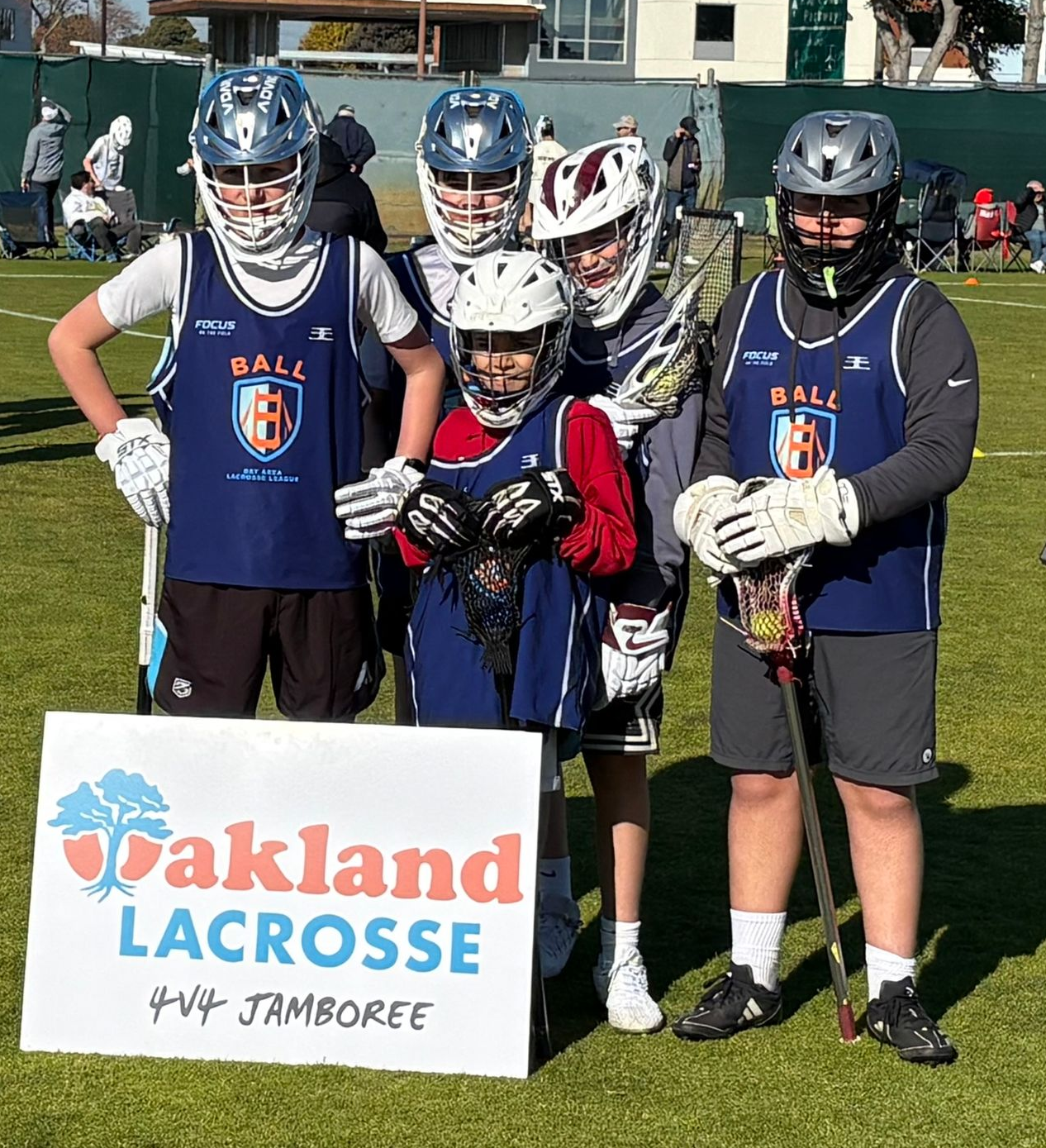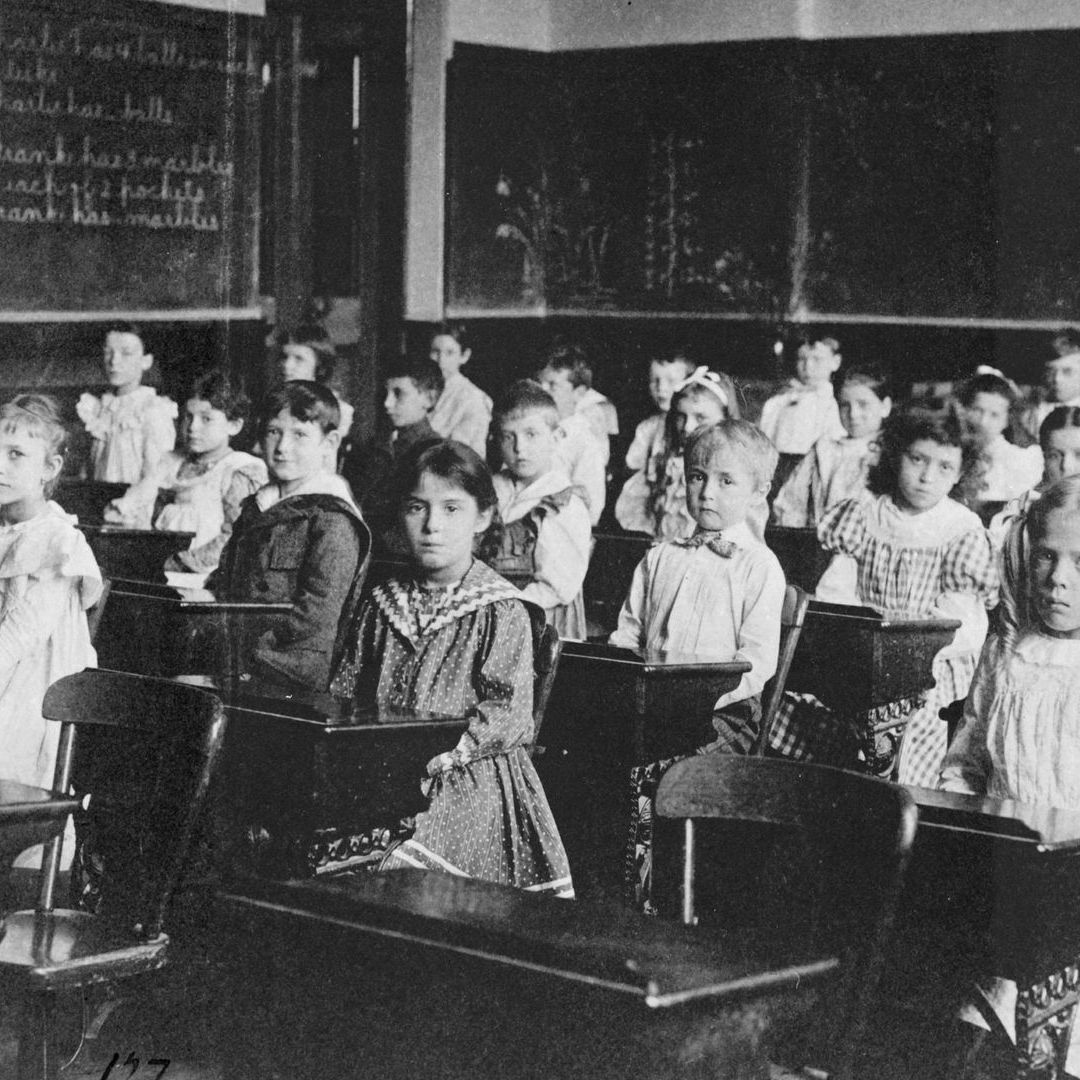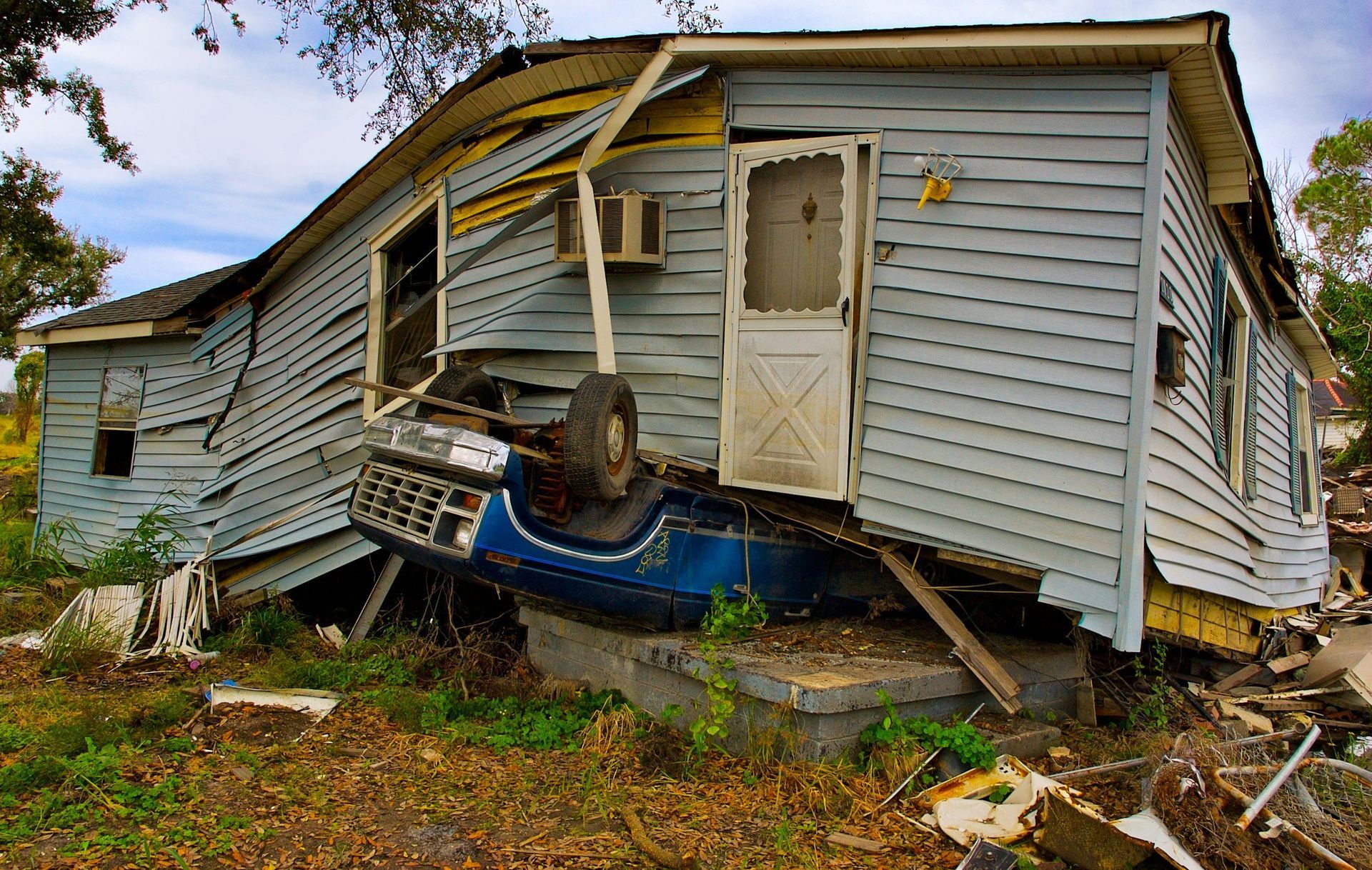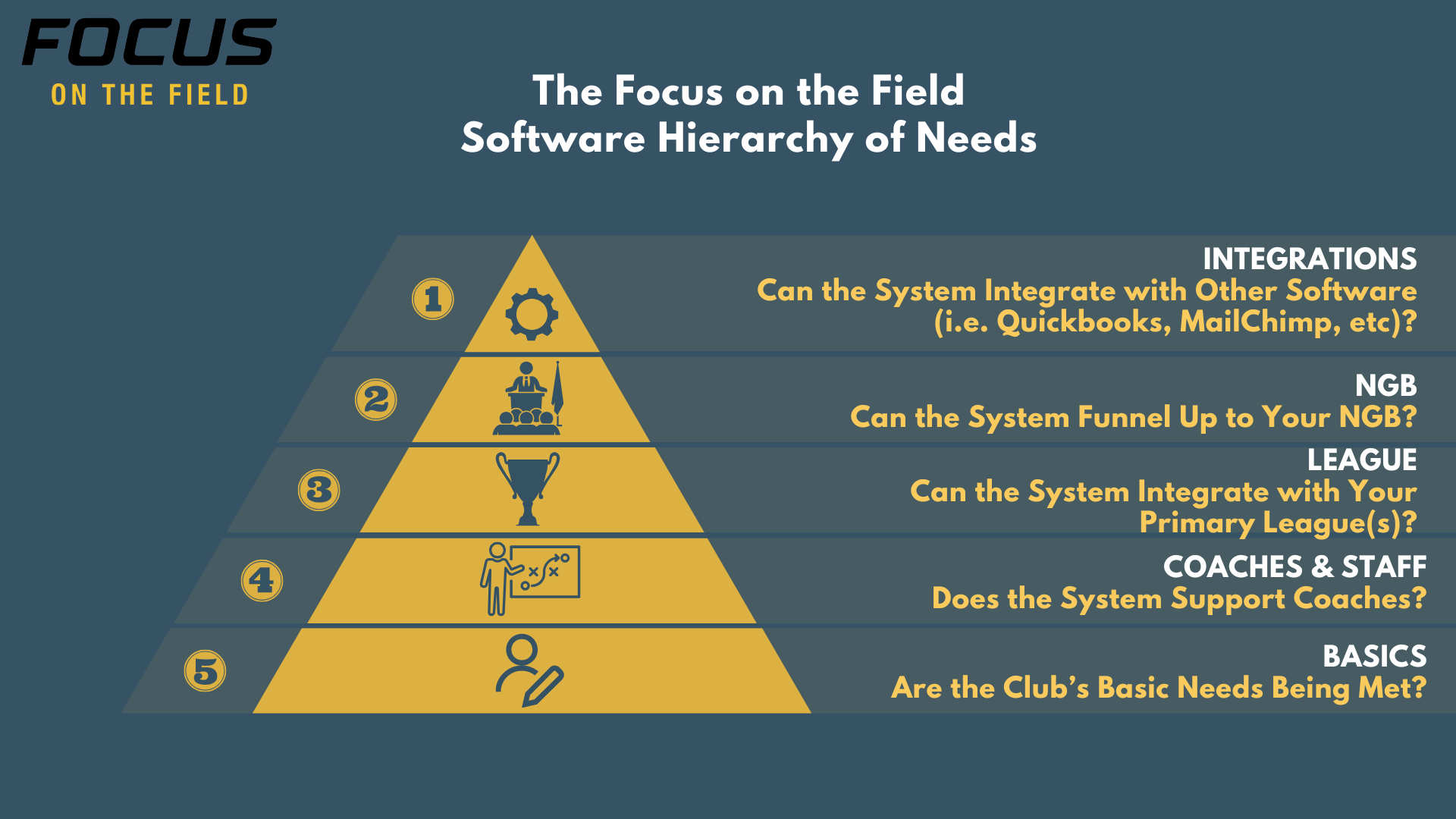Series: ‘A Note to Parents’ - Listen to the Lessons from Sports
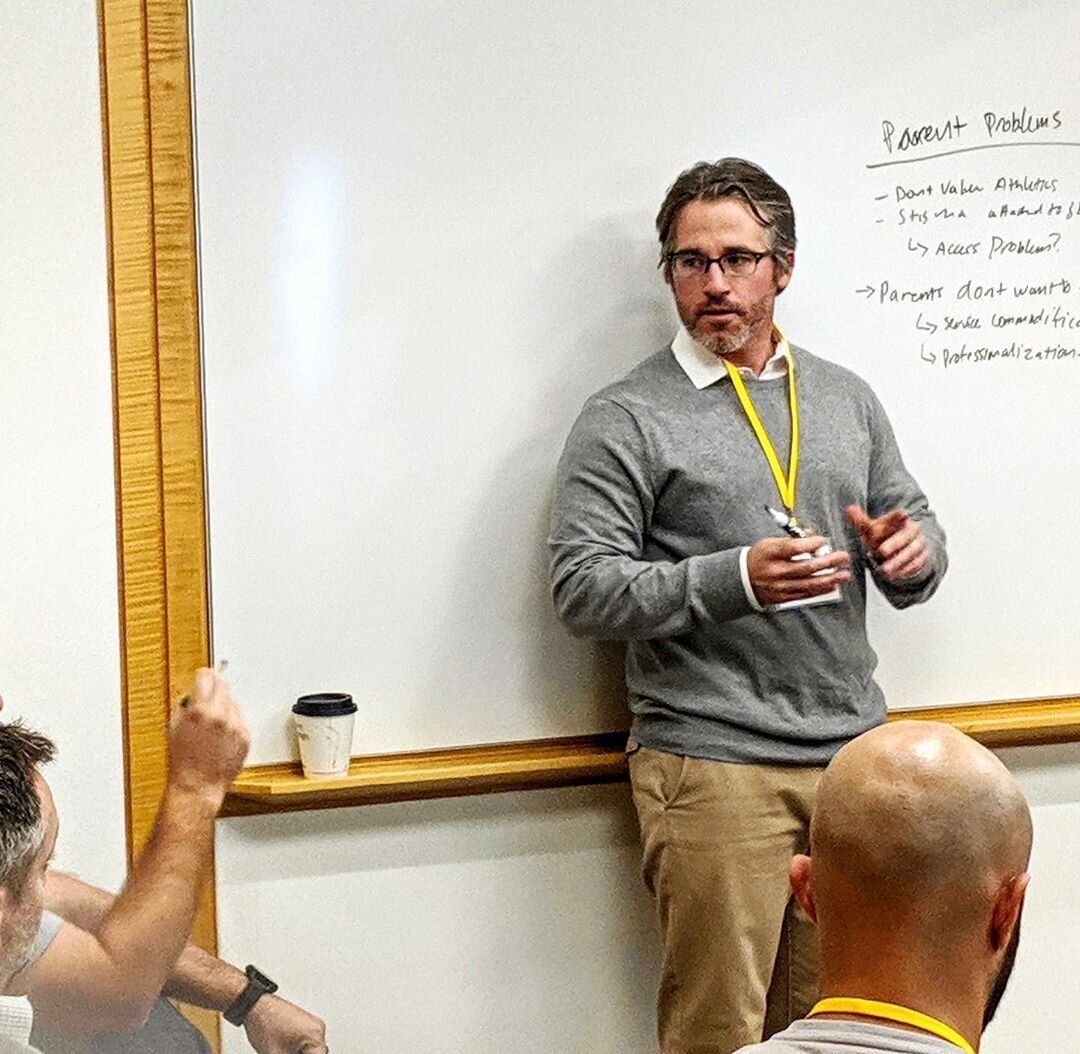
In this series of posts, published by our CEO Tyler Kreitz when he was the COO of ADVNC Lacrosse, Tyler sheds light on pressing issues facing families in youth sports. Not only does Tyler provide valuable insight on these issues from top researchers in the space, but also tangible solutions to instill positive change in the youth sports ecosystem coming out of the COVID-19 pandemic.
3/29/20
Dear Parents,
In our last ‘Note…’ we highlighted the work of Dylan Ochs, the Seattle Starz and ADVNC NDP player who had started the Points 4 Prevention (P4P) program. P4P focuses on raising mental health awareness amongst young athletes while removing the stigma of mental health issues in the locker room and on the field. When Dylan and I last spoke, we shared experiences of how sports helped us manage our anxiety and helped keep our minds at bay.
Dylan’s is a pretty remarkable story, and not just because he had the wherewithal to start an organization like P4P at a young age. He also had to overcome the hurdle of seeking help for his own mental health. Then he turned his experience into something that could help his fellow teammates. Given our current state of affairs, the experience that Dylan has had is more valuable now than ever.
For obvious reasons, anxiety and mental health issues are currently affecting many people. Common release valves of socialization and human interaction are on hold. Sports are on hold too. However, the lessons and mechanisms sports offer in maintaining a proper balance remain.
Perhaps the most difficult thing to do — a challenge that any athlete will recognize — is to accept that you may need help. It’s not easy to not be feeling great mentally, even as you cognitively can tell yourself that you are ‘fine’. For many, the idea of having a mental health issue doesn’t fit the image we have of being resilient and tough-minded, especially those of us who identify as athletes.
Rather, we take the view about anxiety that comedian Gary Gulman, a former NCAA athlete, described in his fantastic HBO special “The Great Depresh” as having two common solutions - “Snap out of it!” and “What do you have to be upset about?”.
Mental health is not something you can easily see and treat, like a broken bone or flu. Mental health issues linger until they manifest in depression or self-debilitating behaviors. Much like fighting a virus, acknowledging the situation and seeking help early can prevent more serious outcomes.
If anything, today’s news cycle gives us an opportunity: life is objectively scary right now, and it’s ok to acknowledge that. Having acknowledged it, we can move on to deciding how to react. A strong work ethic and self-discipline are key tools in our coping arsenal. They also are key components in being a successful athlete. Whether it is the discipline to stop checking the news on your phone or keeping to the strict handwashing guidelines that the CDC advises, self-discipline will help with your mental and physical health. Keeping a strong work ethic during this unsettled time, both for your physical well being as well as for your school or professional work will provide structure to get through while also leading to better personal outcomes.
High-profile athletes are rising to the occasion, demonstrating to the rest of us that world-class self-discipline and the courage to talk about fear and anxiety are not mutually exclusive.
In a great article for the Kansas City Star , Pete Grathoff chronicled how some professional athletes and celebrities have taken to social media to provide advice for people dealing with this situation. Dan Haren, a 13 year veteran in Major League Baseball, has been tweeting out advice and comfort to those who are feeling the effects of our current times. A three-time all-star, Haren was at the pinnacle of the sports world yet he still tweeted “I have more anxiety today than I did facing the Yankees with an 86 mph Fastball”. He is dealing with this spike of fear by reaching out to friends, talking to professionals, and understanding that he doesn’t have to handle this alone.
The aforementioned Gary Gulman has also had an increased presence on CNN and other news outlets advising folks how to cope with the stress and strain. His twitter feed has been a go-to for advice, humor, and levity. His key tips for coping with this situation may seem simple but they are incredibly effective.
-
Exercise
-
Eat Healthily
-
Get out of your head (put the news down)
-
Reach out to a friend
Each one of these tips helps today and will help in the future when ‘normal’ returns
It’s not just the lessons from sports that can help us, however, but rather the lessons from incredible, world-class, athletes who have become more comfortable in addressing the mental challenges they faced.
Caroline Silby, a former US national figure skater and clinical psychologist, witnessed this trend and commented on it in a recent article about how Athletes Get Real About Mental Health. Silby was encouraged by prominent athletes coming forward even while acknowledging that “depression and mental health concerns are still a bit of a ‘dirty secret’ in sports.
Elite athletes can have difficulty accepting emotional struggles and seeking assistance. However, the hopeful part is that once they do seek assistance, they often apply their sports work ethic to their emotional recovery, making progress more likely.”
As a parent to young kids and a coach to old kids, dealing with the reality of COVID-19 has been intense. Managing life during a pandemic is like trying to put a paper bag on a gorilla’s head. The uncertainty of what lies ahead and all that comes with it is something we all will confront on a daily basis.
Thinking back to my conversations with Dylan Ochs , there are messages and lessons I learned during our discussions that now seem more relevant to our community than ever: finding the ability to come forward when you are angst-ridden, and ways that all of us can cope with this numbing feeling of uncertainty.
Sports have taken a back seat for the time being, but the lessons we’ve learned from sports, especially as it pertains to mental health, can help us.
I look forward to when normal returns and can’t wait to see you all on the sidelines.
Until next time-
Tyler



